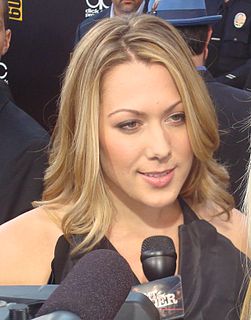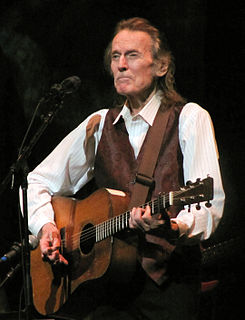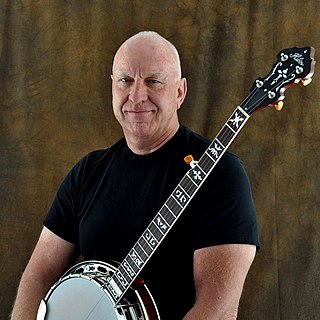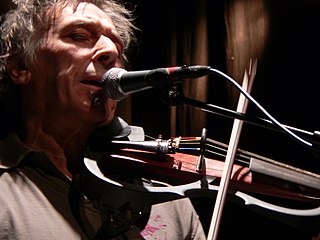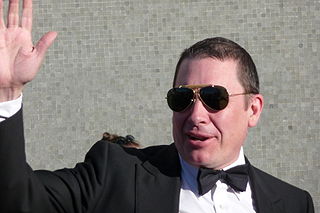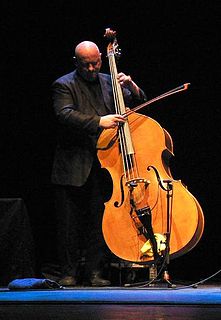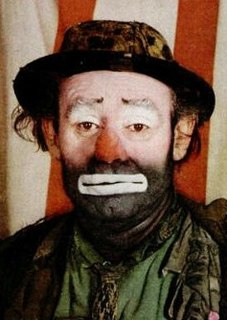A Quote by Brian Stokes Mitchell
I studied arranging and orchestration a number of years ago, so I have a home studio and arrange about three-fourths of my songs on the computer. Since writing orchestration is tedious, I often put an arrangement on the keyboard and let someone better-qualified finish it.
Related Quotes
It's writing songs within the structure of telling a story, so it becomes a platform for diverse songwriting, for a writing process that's broader than just figuring out a song. You're also dealing with always pushing the story forward, with casting the voices, with the orchestration, with the arrangements.
I love jazz. I still do. Dave Brubeck and Stan Getz are so good. I took a notification course in Jazz Orchestration. It wasn't a grandiose as you'd think but I did have to to go to Los Angeles to do it and get an understanding of the keyboard because the keyboard became my tool and I used it a lot in transposing and composing. All the flats and time values. I spent a year doing that because in those days you had to be able to write your own music and read sheets.
I hadn't played any music since freshman year of college, more than thirty years ago, so I had to relearn everything. I started writing songs. Some were dance and trance songs (I listen to them a lot while I'm writing), and some were love songs, because that after all is what music is about - dancing and trancing and love and love's setbacks.
I write in the studio, I don't sit around with a piano or a guitar and write songs. I get satisfaction out of that because I can finish the song really quickly. I can use whatever momentum I have. I've got to put it down, develop it, and get it as far [as I can], because the excitement of the moment of when you get that idea - you want to try and hold it and build on it and really gain strength from it. Being in the studio and writing songs like that is really the best way.


